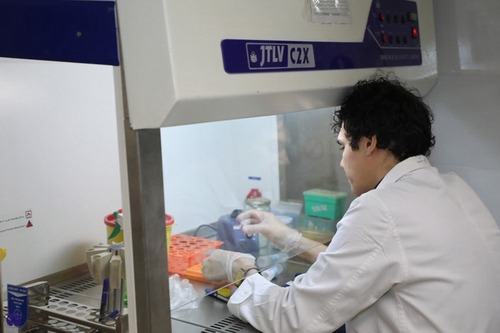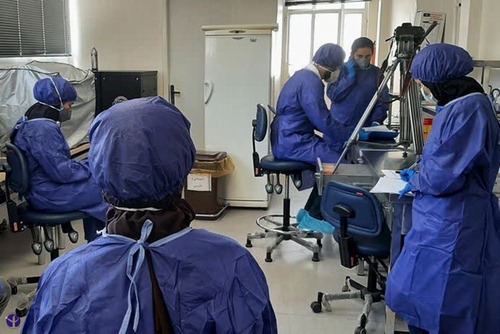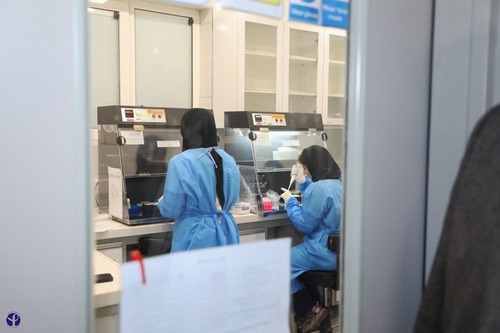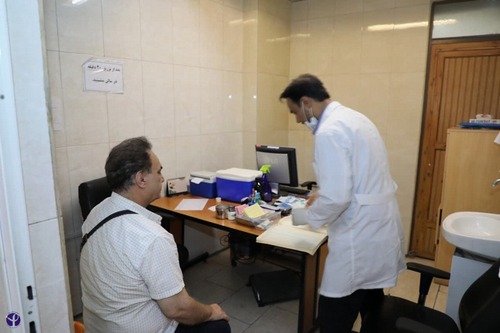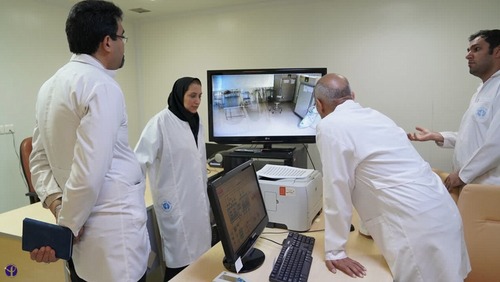Pasteur Institute of Iran Maintains its Vital Health Services Amid Crisis
Despite recent challenges caused by aggressive aerial attacks on Tehran and Karaj, the Pasteur Institute of Iran has maintained uninterrupted diagnostic, production, and public health services. Committed to safeguarding national health security, the institute has upheld its critical role in disease control and biomedical research. As a leading diagnostic and research center in Iran and the region, the Pasteur Institute of Iran has historically played a pivotal role in combating diseases such as smallpox, rabies, typhoid, plague, cholera, tuberculosis, and hepatitis. It remains at the forefront of managing endemic, emerging, and re-emerging infectious diseases.
The institute oversees multiple national and WHO-affiliated reference laboratories, including specialized units for Crimean-Congo hemorrhagic fever, rabies, COVID-19, malaria, pertussis, diphtheria, plague, Q fever, and prenatal diagnostics. Additional collaborative labs focus on influenza, hepatitis, HIV, tuberculosis, pulmonary research, mycology, and parasitology. Beyond diagnostics, these facilities conduct vital research and surveillance to enhance public health responses.
The institute also continues producing vaccines, biological products, and diagnostic kits, including hepatitis B vaccine, BCG (tuberculosis vaccine), and animal rabies vaccine. It manages Iran’s microbial collection, cell bank, and pathogenic fungi biobank, further supporting medical research. Amid ongoing challenges, the Pasteur Institute of Iran reaffirmed its readiness to meet the Health Ministry’s demands, ensuring uninterrupted support for the nation's healthcare system.

